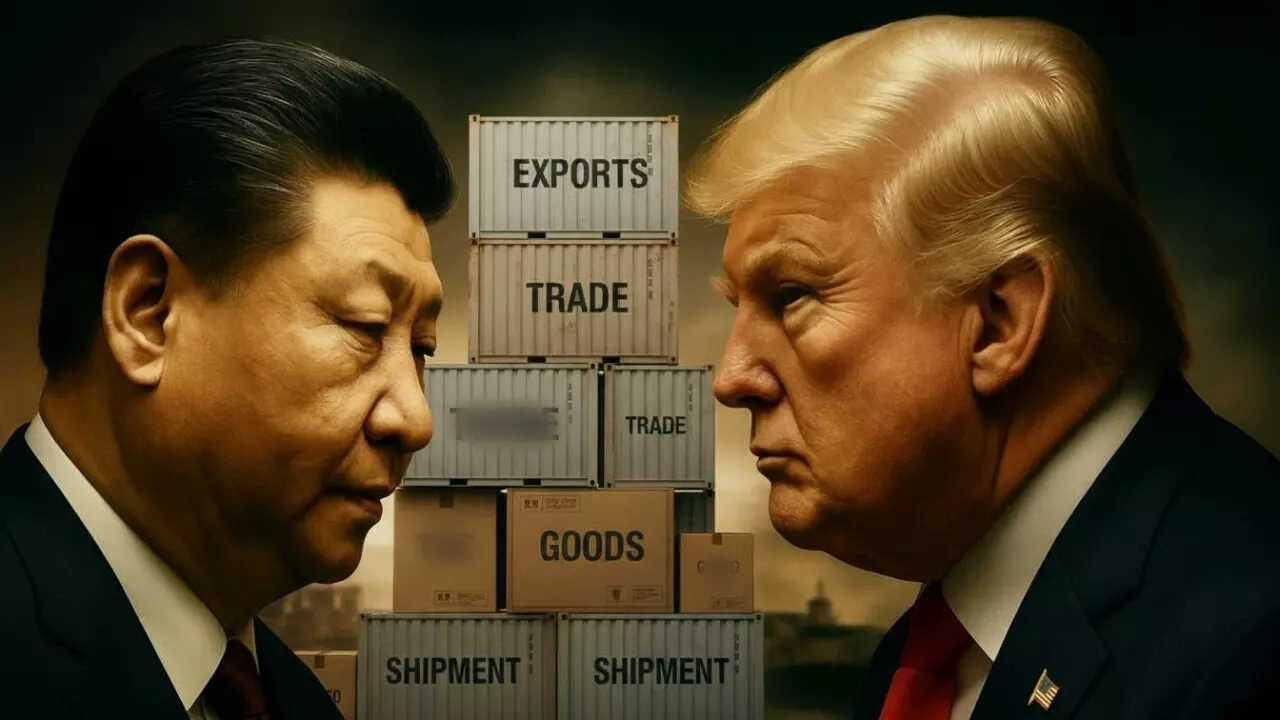China has strongly criticised the US for its warnings against using Chinese AI chips, labelling the actions as protectionism that disrupts global tech supply chains. The US government’s guidelines caution firms about potential export control violations when using semiconductors, particularly Huawei’s Ascend AI chips. Beijing vowed to protect its interests amid ongoing US efforts to restrict China’s access to advanced semiconductors.
The AI Chip Wars Heat Up: China Isn’t Backing Down
Okay, buckle up tech enthusiasts, because the simmering tensions between the US and China just got a whole lot hotter – and this time, the battlefield is paved with silicon. We’re talking about AI chips, the brains behind everything from your smartphone’s facial recognition to the cutting-edge AI powering self-driving cars. And the US just tightened the screws, further restricting China’s access to these vital components.
Now, this isn’t exactly a surprise. The US has been steadily tightening its grip on tech exports to China for a while, citing national security concerns. The logic, at least from Washington’s perspective, is simple: these advanced chips could be used to develop weapons systems, bolster surveillance technologies, or otherwise undermine American interests. It’s a move rooted in a long-standing power struggle, and AI is just the latest playing field.
What is significant is the ferocity of China’s response. The official statement wasn’t just a polite disagreement; it was a full-blown rebuke, accusing the US of “bullying” and vowing to retaliate. They painted this as a blatant attempt to stifle China’s technological advancement and maintain US dominance in the AI arena. And honestly, it’s hard to completely dismiss that narrative.
China’s tech industry has been on a meteoric rise, with companies like Huawei and Baidu pushing the boundaries of AI development. They’ve made significant strides in areas like facial recognition, natural language processing, and autonomous driving, often competing head-to-head with their American counterparts. Restricting their access to the most advanced chips inevitably throws a wrench in those gears.
But let’s be real, the US isn’t acting purely out of altruism. Maintaining its lead in AI is crucial for economic competitiveness, military superiority, and overall global influence. The AI chip market is a multi-billion dollar industry, and controlling access to it is a powerful lever.
So, what does this all mean for the future? Well, it’s a tangled web with a few potential threads.
First, expect China to double down on domestic chip production. This isn’t just about pride; it’s about survival. The US restrictions will only accelerate China’s efforts to become self-sufficient in chip manufacturing. They’ve already poured billions of dollars into developing their own chip foundries and fostering a domestic semiconductor ecosystem. While they still lag behind companies like TSMC and Samsung, the pressure is on to close that gap, and fast. This could mean a significant boost to Chinese semiconductor companies and a potential reshaping of the global chip supply chain in the long run.
Second, we could see some creative workarounds. Sanctions and export controls rarely work perfectly. Companies are incredibly resourceful, and there’s always a chance they’ll find ways to circumvent the restrictions, perhaps through third-party countries or by focusing on slightly less advanced, but still capable, chip designs. This could lead to a cat-and-mouse game between regulators and tech companies, with each side constantly trying to outmaneuver the other.
Third, this could exacerbate the existing tensions between the two countries. The tech war is just one facet of a broader geopolitical rivalry. This latest move on AI chips could further strain relations, potentially impacting trade, diplomacy, and even military deployments in sensitive regions. It’s a delicate situation, and miscalculations on either side could have serious consequences.
Finally, this could slow down the overall pace of AI innovation. While the immediate impact might be felt more acutely in China, restricting access to technology ultimately hinders progress for everyone. Collaboration and competition are vital drivers of innovation, and artificially limiting access to resources can stifle creativity and slow down the development of new AI applications. Imagine if the Apollo program was only available to one country; where would space exploration be today?
The truth is, the US-China tech war is a complex and multifaceted issue with no easy answers. It’s a battle for technological supremacy, economic dominance, and global influence. The AI chip restrictions are just the latest salvo in this ongoing conflict, and the ramifications will be felt for years to come. One thing is clear: the stakes are incredibly high, and the world is watching closely to see how this plays out. One can only hope that reason and cooperation will eventually prevail over escalating tensions and protectionist policies. Because ultimately, a fractured tech world benefits no one.
📬 Stay informed — follow us for more insightful updates!







